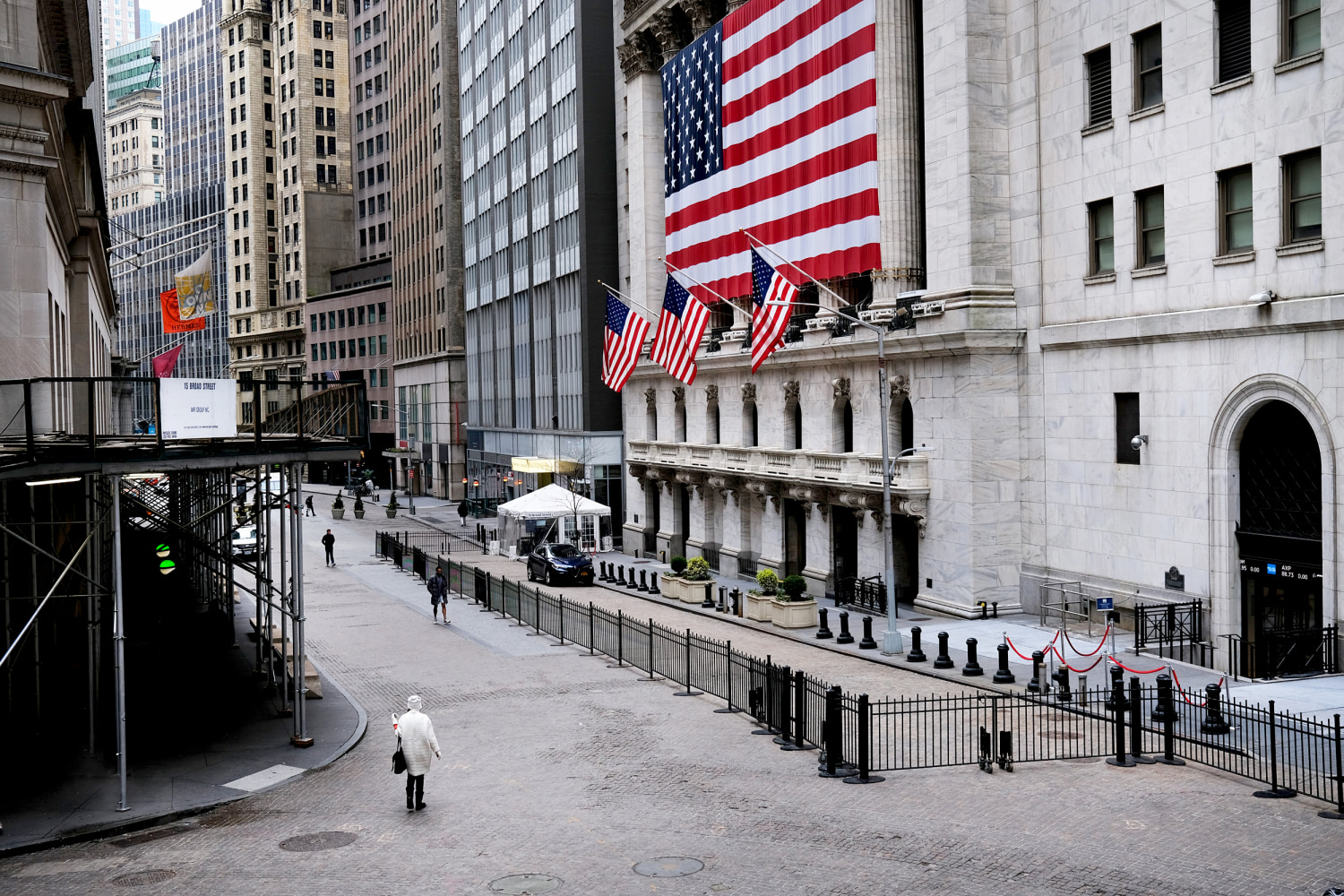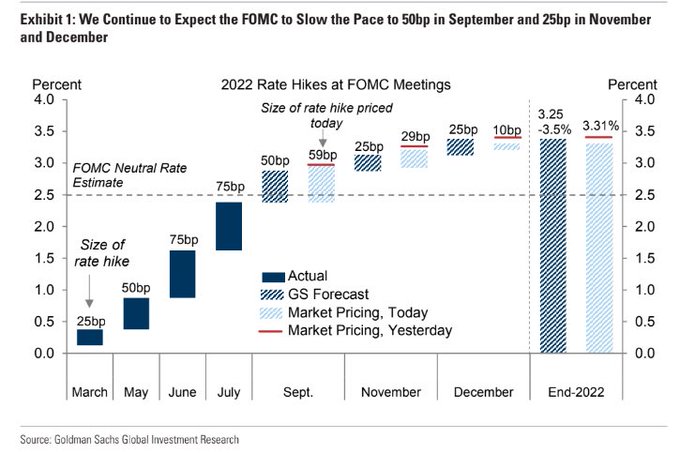
Thought For A Day





/GettyImages-483658563-fbe002bf7f6d467a94d87cd153ddfa73.jpg)
/GettyImages-1215993819-2ae40f5bbb744d0b94ba07eb5d7bd4f6.jpg)


The July PMI is expected to remain in expansionary territory, but tick slightly lower to 51.5 from 51.7. To recap, the June PMI suggested “The reduction in COVID -19 case numbers and the subsequent easing of containment measures across China led to a renewed improvement in manufacturing business conditions in June”. Since then, COVID control has been more isolated, whilst Bloomberg recently reported that China is imposing COVID “closed loops” (where staff live and work on-site), on major Shenzhen companies, an evolution in policy from the prior blanket closures. However, the June PMI release warned that firms “remained relatively cautious in terms of staffing levels”, whilst “Higher costs for raw materials and transport drove a further sharp increase in input costs in June”, but “companies cut their selling prices for the second month in a row amid greater market competition and efforts to stimulate sales.” On that front, the July PMI will offer some further insight into developments on domestic inflation ahead of the official CPI and PPI releases in the second week of August.
US Manufacturing ISM (Mon), Services ISM (Wed): The manufacturing ISM headline is seen little changed at 52.9 in July (prev. 53.0). “Regional manufacturing surveys have been mixed, but the broader trend has been lower, with a majority now in negative territory,” Credit Suisse observes, “new orders has already dropped below 50, and the production index is likely to follow lower soon,” it adds. One positive within the data could be the supplier delivery times continuing to pull-back from elevated levels. “The US manufacturing sector is likely to be in a prolonged slump at least through next year,” CS writes, “tighter financial conditions are leading to a decline in consumer goods demand and business investment.” That said, Credit Suisse thinks a US recession can still be avoided, but argues that risks are rising and cyclical sectors will continue to remain under pressure. Elsewhere, the services ISM, released on Wednesday, is seen easing to 54.0 from 55.3.
RBA Policy Announcement (Tue): (more…)
With Microsoft, Apple, Amazon, Meta, Alphabet, Boeing, Intel, Netflix, all the major banks and financial institutions, Merck, Bristol Meyers Squibb, AMD, Nvidia, Exxon Mobile, Chevron, GE, P&G already all reporting, what is left?
Below is a list of some secondary earnings scheduled to be reported in the new trading week: